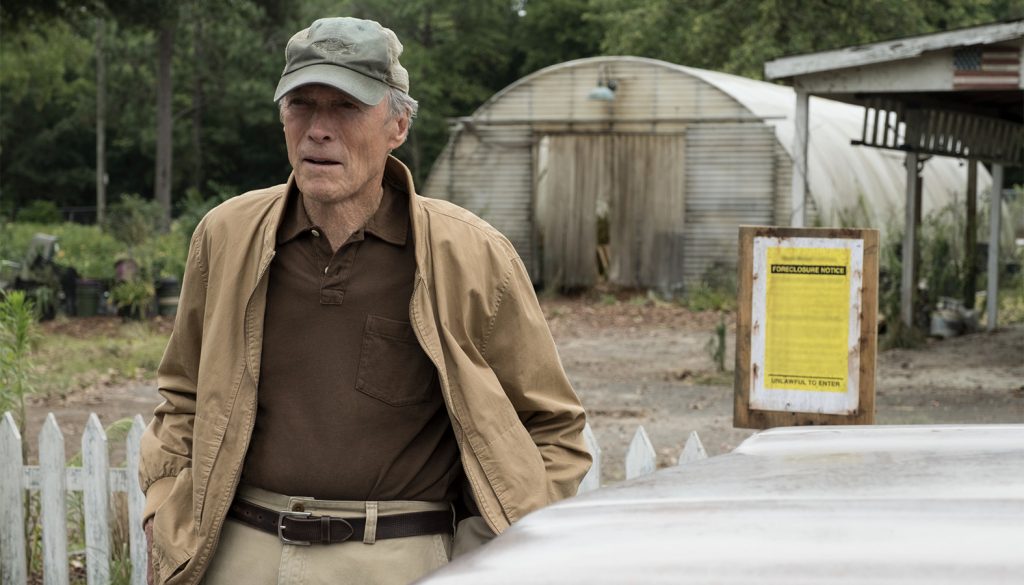Clint Eastwood has a gargantuan filmmaking career, millions of dollars, and international accolades from critics and an adoring public alike. I have a dog.
My closest association with him lies in the fact that Friday night was “popcorn night” at our house, and it included watching “Rawhide,” a television western that made Eastwood a substantial TV star.
He would soon become an even bigger movie star — but with a difference. His choice of roles was almost exclusively as antiheroes, or in some instances, such as the beguiling film “The Beguiled,” a sociopathic villain.
He was not a traditional “good guy” by choice, and by the dictates of a prevailing culture that did not want the simple and true-blue Rowdy Yates of “Rawhide” but the killer and loner who played by his own rules.
So I grew up with Eastwood’s transformation and I watched a lot of his movies. I always had a nagging feeling as I watched — one might even suggest it was an informed conscience trying to get my attention — that there was something fundamentally wrong with the moral universe Eastwood created as an actor, producer, and director.
Not that Eastwood cared much for what critics thought, or the opinion of people who would eat popcorn on a blanket strewn across a living room floor while watching “Rawhide” on a black-and-white television set. We provided Eastwood with a lifestyle of fame, riches, and artistic freedom.
Never thought I could say with a straight face that I have something in common with Eastwood, but that time has come. We have both been presented with the same remarkable gift: senescence.
That is a $5 word that just means both Eastwood and I are getting old. Of course, ever the overachiever, he is 27 years ahead of my Medicare-qualifying age, he still works at the top of his game, and produces compelling movies — like his most recent offering this 90-something artist starred in and directed.
“The Mule” felt like an “airplane” movie at first: playing on an overpacked 757 that you watch because you just cannot thumb through a Skyways magazine one more time and you still have three hours left on your flight.
When I did watch it, I was in my own living room, though not on the floor with popcorn, and watching on a big screen TV whose technology was science fiction when I was younger. The movie had a very real and powerful punch, especially for anyone old enough to remember when Fridays were also days of creamed tuna, salmon in a can, and frozen halibut for dinner.
Old age has changed Eastwood. The decades of anti-heroes and violent nihilism have been weathered away by time. The first crack in the façade was Eastwood’s 2008 film “Gran Torino.” It still relied on a lot of violence and an especially violent final act, but anyone paying attention could see Eastwood was seriously considering not only his own mortality, but the consequences of his past actions. That movie felt like he was trying to fill the proverbial God-sized hole in his heart, seeking something more than a great catchphrase and a middle finger to society at large.
If “Gran Torino” was his gateway drug, “The Mule” is Eastwood mainlining a search for meaning and pursuing salvation through sorrow, penitential action, and spiritual heroism.
In true Eastwood fashion, it is through a vehicle where his character commits a major crime, and is associated with a criminal enterprise that leaves death and destruction everywhere it plants its flag. A 40-something Eastwood would have made a very different movie with this plot backdrop.
The old Eastwood is weary. He wants to repair damage that his younger self has inflicted on those he was supposed to love unconditionally. His character in “The Mule” was too devoted to his orchid business. A case could easily be said the real Eastwood was absorbed and consumed by his profession. It is just not possible to have his level of success without such a commitment.
I certainly would not want all of my failings and foibles plastered above the fold on every supermarket tabloid or scandal-fueled celebrity “news” show on TV. Getting older is the great equalizer and can be seen as a gift if we want it to be. And it is a gift many people do not receive, as God’s timing is not our timing. We, the chronologically challenged, should be grateful for the extra time we have been granted; time to repair the damage we have done, time to think about how to be better.
It certainly looks like Eastwood is occupying that space with what time he has left. Choosing to capstone a brilliant career with affirming films like “Gran Torino” and “The Mule” makes my day.

